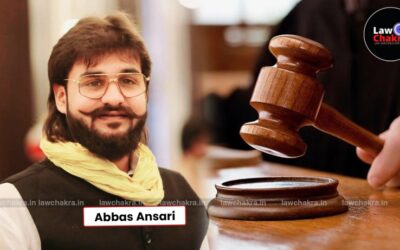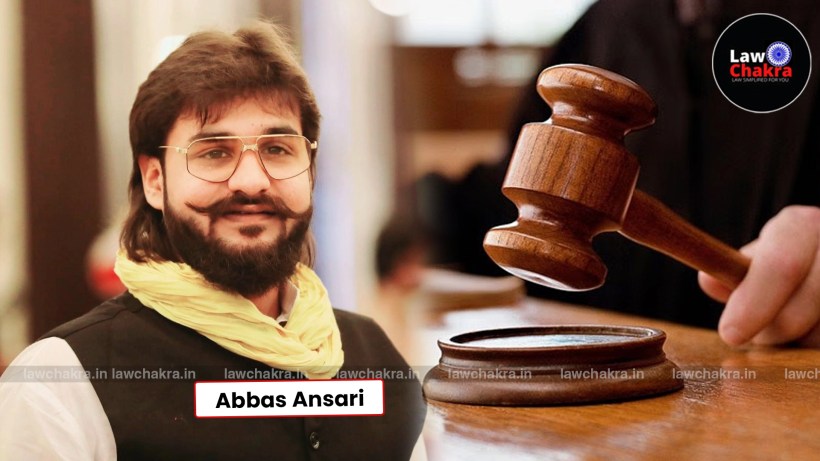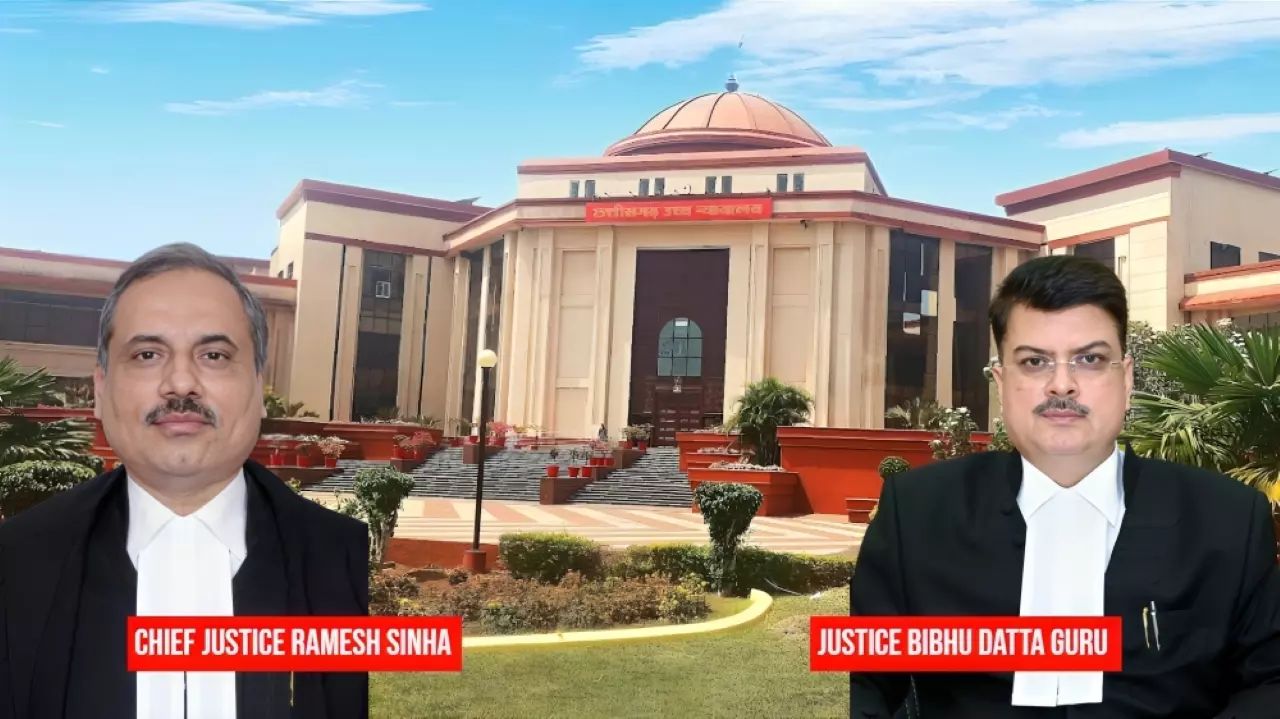Penalty Can’t Be Imposed Based On Vague And Inconclusive Inquiry Findings: Himachal Pradesh High Court
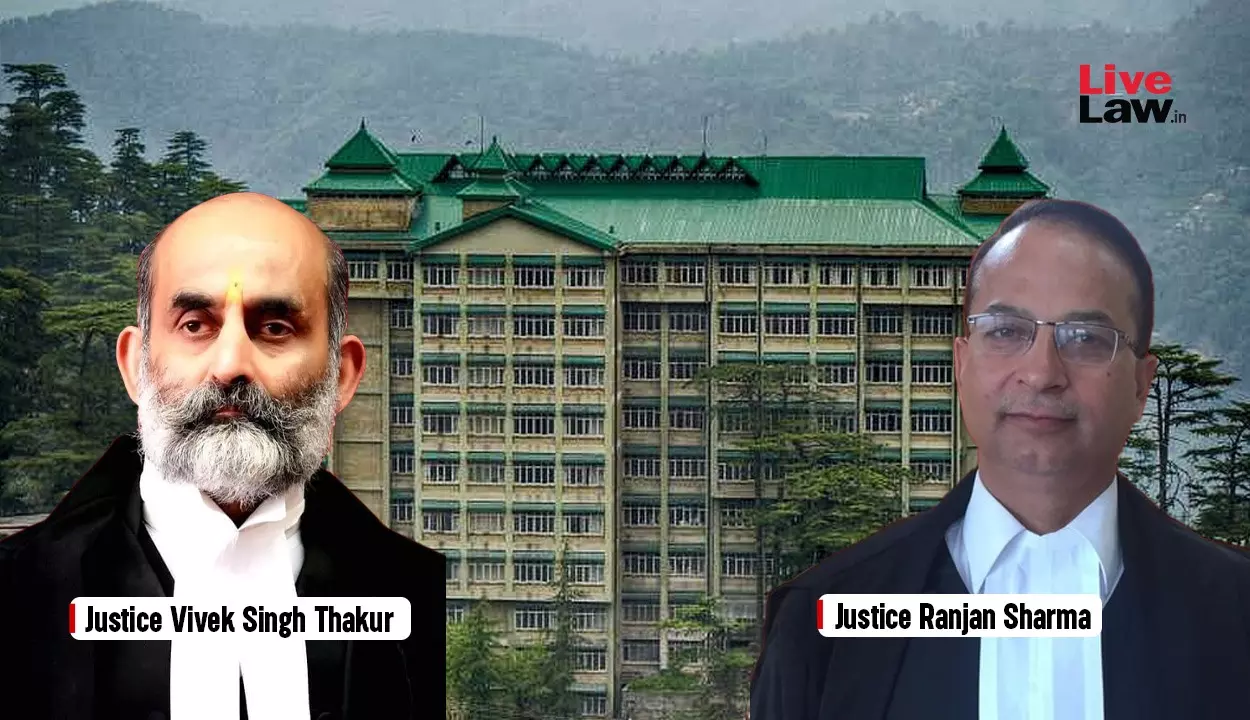
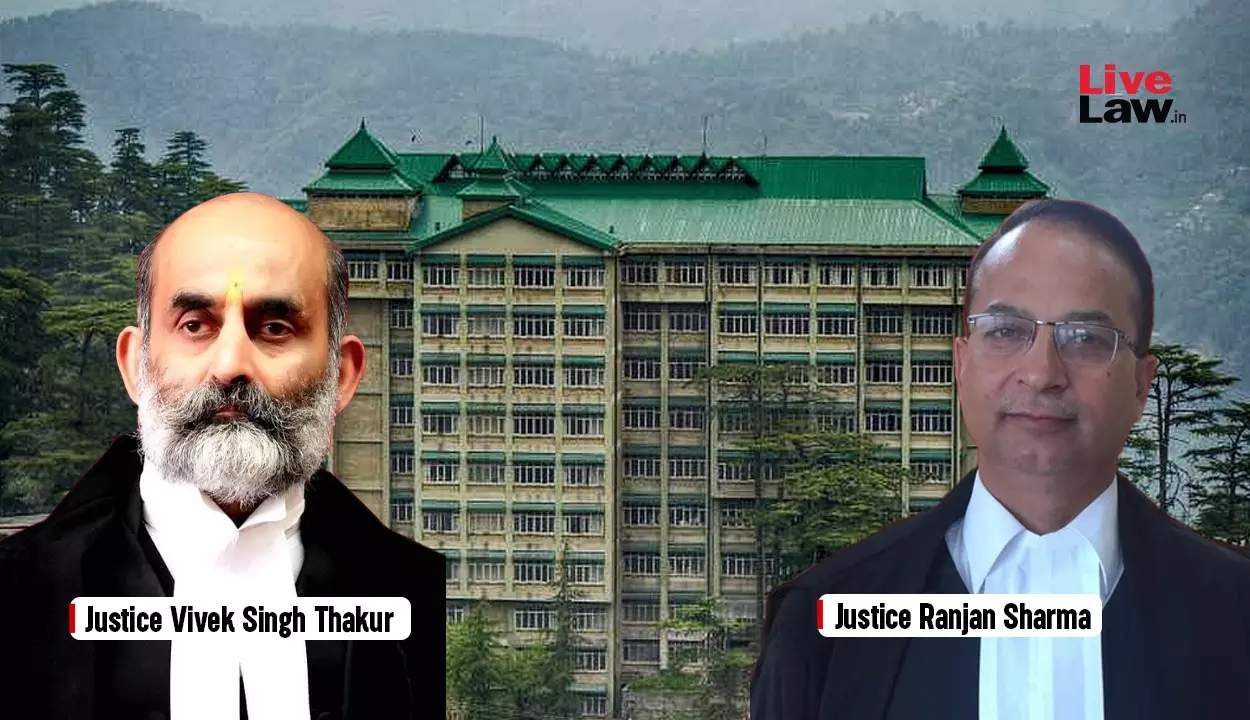
Himachal Pradesh High Court quashed a penalty imposed on a government doctor, holding that a vague and inconclusive inquiry report can’t be used to impose penalty or take disciplinary action.
Justice Vivek Singh Thakur & Justice Ranjan Sharma: “Therefore, when an inquiry report is accepted which does not conclude that charge against petitioner had been proved, it could not have been made basis for imposing penalty. Such vague finding cannot be treated as an inquiry establishing the proof of guilt of petitioner with respect to charges levelled against him even on testing the same, degree of proof required to prove charge in Departmental Inquiry/service jurisprudence”.
Background Facts:
The petitioner, Dr. Subash Thakur, worked as an anesthetist at Civil Hospital, Rampur, District Shimla. In January, 2016, a departmental inquiry was initiated against him, for allegedly assisting another government doctor, in performing surgery at a private hospital in Rampur.
As, the petitioner had received a Non-Practice Allowance, he was not permitted to practice anywhere else while he was serving at a government hospital. Based on the allegation, a preliminary inquiry was conducted by the authorities under Rule 14 of the Central Civil Services (Classification, Control and Appeal) Rules, 1965, which outlined the procedure for conducting inquiries and imposing penalties on government servants.
The inquiry report was submitted to disciplinary authority along with the mandatory records. The authorities stated that the “possibility” of the petitioner’s involvement in the surgery could not be ruled out. Based on this report, the disciplinary authority concluded that, according to the statement of two nurses working at the private hospital, the petitioner was guilty.
Thereafter, the Principal Secretary (Health), Government of Himachal Pradesh, imposed a penalty on the petitioner by reducing his pay by one stage for three years and stated that no increment will be given during this period.
The petitioner filed an appeal before the Additional Chief Secretary (Health) stating that the allegations against him were false. However his appeal was rejected and order passed by the Principal Secretary (Health) was upheld.
Aggrieved by these decisions, the petitioner approached the H.P. State Administrative Tribunal, seeking directions to quash the penalty imposed on him without sufficient cause. After the tribunal was abolished, the application was transferred to the High Court and registered as CWPOA No. 7220 of 2020.
Contentions of the Petitioner:
The petitioner contended that on the day he was alleged to have assisted another doctor in the private hospital, he was performing a surgery at the government hospital. To support his claim, he submitted a photocopy of the operation theatre register. He also submitted that the consent form from the private hospital for performance of surgery did not mention his name as the anestheist.
Findings:
The Court observed that the statements of two nurses, which formed the basis of the disciplinary action, were never recorded or examined during the departmental Inquiry. The statements recorded were produced only as photocopies and were not properly verified by any competent witness. The Court remarked that such statements could not be treated as reliable or admissible evidence.
Additionally, the operation theatre register submitted by the petitioner clearly indicated his presence at the government hospital during the relevant time. Also, the Consent Form from the private hospital did not have the name of the petitioner as anesthetist, and there was no evidence linking him directly to the surgery.
The Court noted that, after considering the entire material on record, the inquiry officer did not conclude that charges against the petitioner were proved. Instead, he merely stated that the petitioner’s presence at the private hospital could not be ruled out.
Despite this inconclusive finding, the disciplinary authority accepted the report without remitting it back for clarification or further inquiry. The Court held that when the inquiry report does not clearly state whether the charge was proved, it could not serve as a valid basis for imposition of penalty.
The inquiry report merely suggested that the petitioner may or may not have assisted in the private hospital. It stated that such vague and uncertain findings can’t be treated as sufficient proof of guilt.
Accordingly, the Court held that in the absence of a conclusive finding regarding the involvement of petitioner in private practice, the disciplinary authority could not have imposed a penalty. It emphasized that the outcome of the inquiry must be clearly stated by the Inquiry Officer. He can’t take a middle path that creates confusion or uncertainty about whether the employee is guilty of the misconduct mentioned in the charge.
Thus, the Court set aside the penalty order and allowed the petitioner’s appeal. However, it fstated that since matter had been pending since 2016, there was no point to conduct a fresh inquiry, as the petitioner had already suffered trauma and stigma for about 9 years.
Case Name: Dr. Subhash Thakur v/s State of HP & others
Case No.: CWPOA No.7220 of 2020
Date of Decision: 17.06.2025
For the petitioner: Mr. H.K.S. Thakur, Advocate.
For the Respondent: Mr. Balwinder Singh Thakur, Deputy Advocate General for respondents No. 1 to 3.
Respondent No.4 stands deleted vide order dated 8.5.2024.

